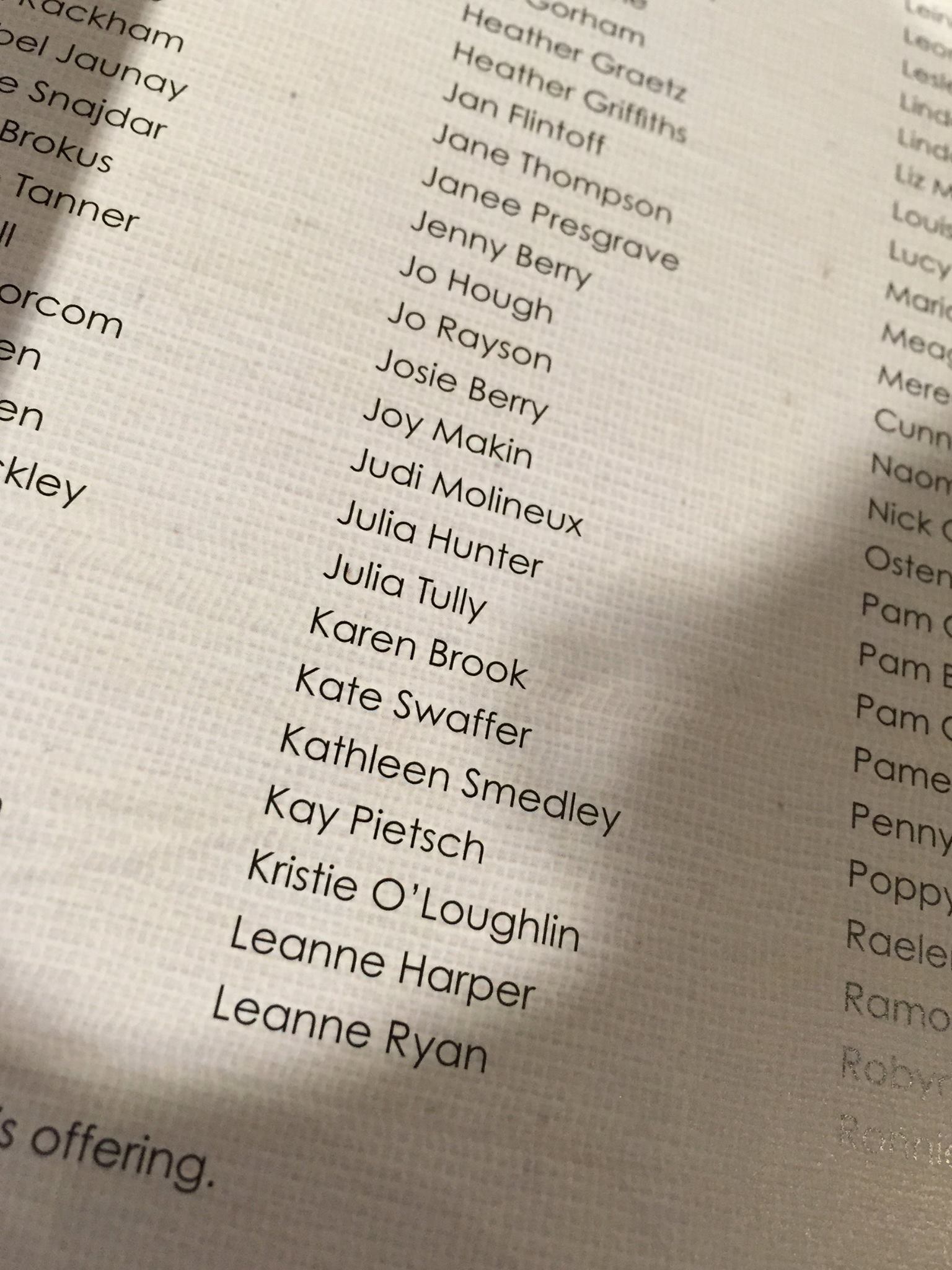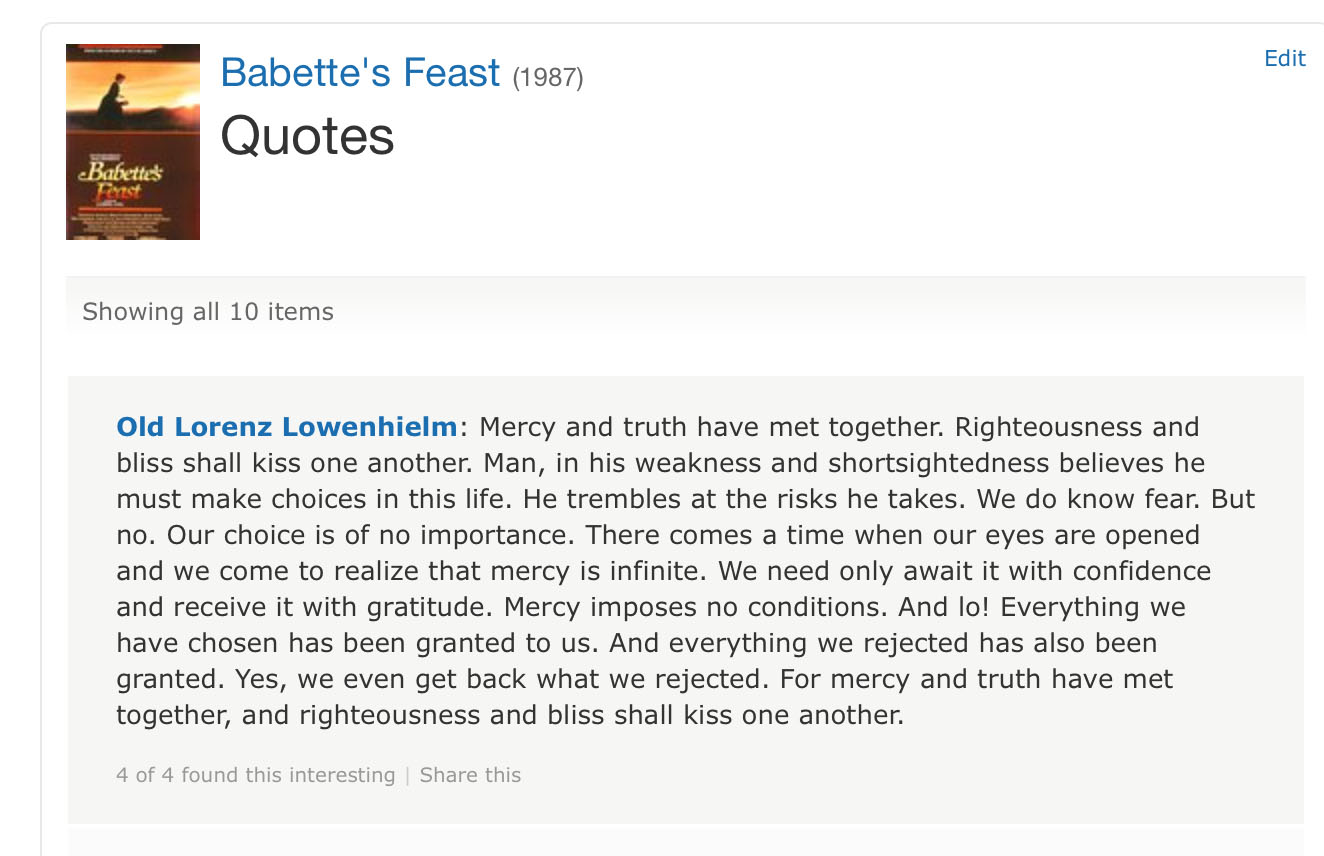With dementia care on its knees in England, it is impossible to avoid the conclusion that this is in part due to a failed model of ‘dementia activism’ with annually the same dementia activists appearing on the same stage in the same conference talking about the same things.
I do not have any objection to learning from other people’s experiences. The commodification or presentation of ‘lived experience’ as a brand is something, however, to be concerned about. The pattern is the same, only disrupted by COVID-19. A group of people who say they have dementia. As a professional, I am certainly not going to diagnose them at a distance. I am not going to coerce any of them into ‘outing’ their actual diagnoses, because the medical profession takes medical confidentiality extremely seriously, except for example where disclosure is necessary with others at danger potentially. But I could say I have early dementia, and I could say I am an ambassador. This is simply a fact of the problem of the system at large.
Being able is not an invisible impairment. I could say I have an invisible disability, and you could give me travel expenses to talk about it. For example, my perceptual problem could be rare, only known to me. This could happen legitimately in posterior cortical atrophy. Or, I have an insidious change in behaviour and personality. This could happen in behavioural variant frontotemporal dementia. Except one problem here, some ‘activists’ have been heavily promoting the mantra that behavioural symptoms can’t be symptoms of dementia, which flies in the face of the clearly difficult symptoms such as agitation, anxiety and compulsions which can occur as dementia progresses or indeed in delirium superimposed on dementia. To remind you, the inability of family carers to cope with these symptoms is a huge reason why individuals with dementia can end up in a care home. The conflation of ‘invisible disability’ with activism with disabilities you can’t ‘see’ is very shrewd in fact. But it is a glaring observation that in this small group of people they never talk about their invisible impairments.
Also, in this narrative, carers, although appendages at conferences at events, do not explain how or when they care in their public skits at conferences. So this educational experience is lost. Caring in families is 24/7 and very real. I know. I am one. We don’t hear of any of the frontlines of caring in dementia, such as social care or NHS continuing care. It’s no accident that the NHS England ‘Living well with dementia’ transformation pathway contains diagnosing well, living well, supporting well, dying well, but no caring well. What sort of nonsense is this?
This is a product of years of ‘activism’ in England by these comedians.
As I said, I do not have any fundamental objection to experiences. I value experiences. All experiences are valid. They add hugely to the biomedical/social/psychological descriptions in textbooks and lectures. But they are being branded – processed – marketed – and transacted upon. This is totally the wrong approach. There are some proponents of dementia activists who are little more than brand ambassadors for charities or social enterprises, who do not seem to have an authentic interest in the savagery of the injustices of dementia care in England, but rather seem more keen on improving their profile through book sales or Twitter followers. This is wrong. Some of these people do need neuropsychiatric help, because they have been clearly misdiagnosed, having been given a diagnosis a decade ago, with no obvious progression, even allowing for the ‘invisible disability’ get out of goal card. But these are people who one assumes would never have wanted a diagnosis of dementia. Most people in fact don’t want to have a diagnosis of dementia. They don’t see the loss of speech, problems eating or swallowing, delusions or hallucinations, or aggressive behaviour as an ‘opportunity’.
A gadgy catchphrase has been the ‘voice of the person with dementia’. Yes, sure. But why are some voices so inaudible? The voices of those residents with advanced dementia in nursing homes receiving clinical specialist nursing care. There are some people who have literally lost their voice through dementia (for example primary progressive aphasia or logopenic aphasia), and how are they meant to be represented on a fair and equal basis in podcasts or conferences? Some topics are simply out of bounds. I’ve never heard a dementia activist talk about his or her incontinence, psychotic symptoms or swallowing difficulties (assuming these symptoms exist.)
I get trolled about this. I get emails at 8 am saying I am the mouthpiece for the medical profession, I’m doing myself ‘no favours’ and I should know better. From ‘dementia activists’. But there are clearly some bitter people around who should read about the common law and statutory law on malicious communications. I think this whole industry, of a ‘go to’ group, spinning publicly disinformation like a game show, is highly discreditable, and needs scrutiny.
I believe strongly in the presumption of innocence from having done my Master of Law. This gives me a right to discuss human rights in a commentary in Dementia Journal, as I intend to. ‘Lived experience’ has become bastardised in all the wrong directions, with ‘go to’ groups in corporate dementia charities opening up the membership to mild cognitive impairment or MCI too (to allow for people misdiagnosed with dementia who don’t have dementia). We know that MCI includes a functional neurological deficit population (see excellent paper in Brain this year). The whole macabre evolution of ‘lived experience’ gone wrong is discussed competently in this excellent BBC ‘Moral Maze’ here. To re-iterate, I believe strongly in learning from experiences.
The whole thing is sick, sick, sick. These individuals and those processes are diverting valuable scarce resources which we desperately need elsewhere in raising the profile of dementia care in England.
When do we want this scrutiny?
Now.





